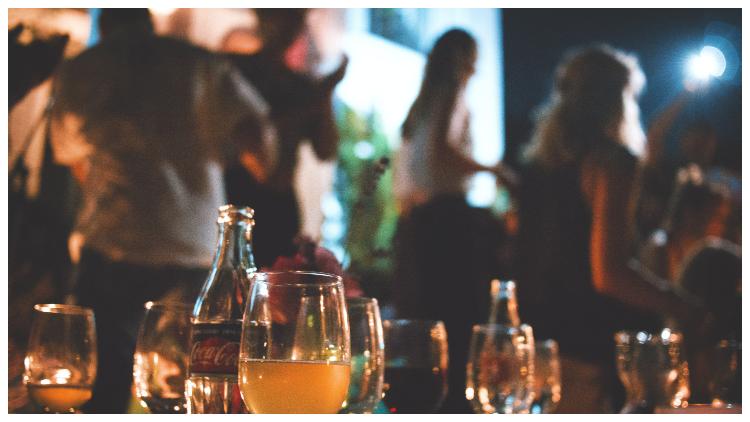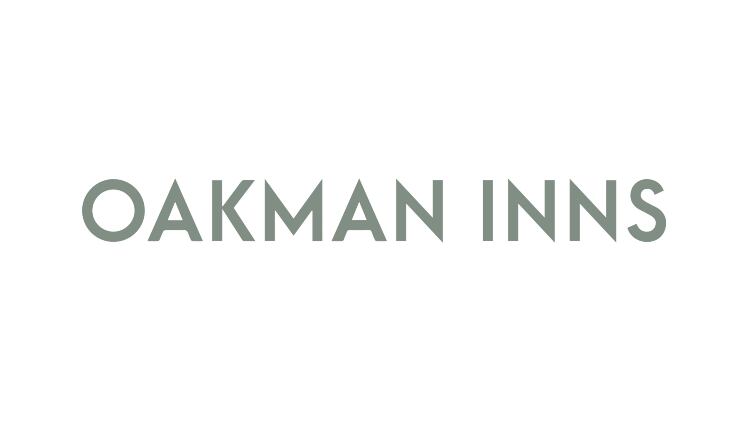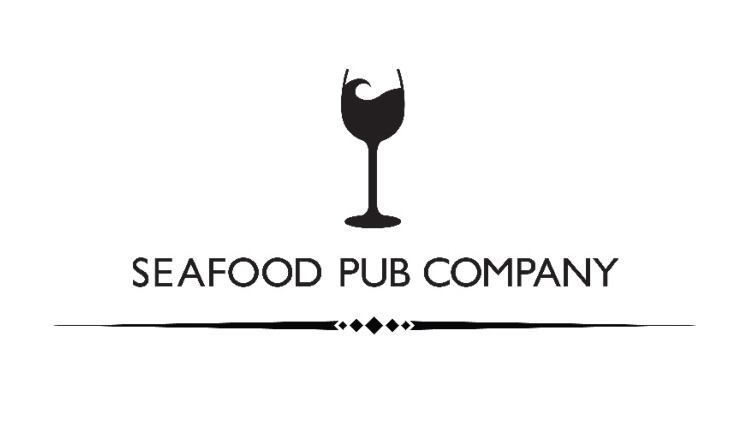While the retail sector recorded its worst September trading since 1995, Britain’s managed pub groups saw like-for-like sales grow 1.9% last month, according to latest figures from the Coffer Peach Business Tracker.
CGA director Karl Chessell said: “If Brexit worries put the public off shopping on the high street, they don’t appear to have stopped them going out to eat and drink.”
Welcome relief
Figures from the British Retail Consortium (BRC) showed total retail sales dropped 1.3%, with like-for-like trading falling 1.7%, against the same month last year.
The BRC predicted that the threat of a no-deal Brexit has put people off high-street shopping.
Chessell continued: “Just looking at retail as a barometer of the nation’s wellbeing, you would be forgiven for thinking we were deeply depressed.
“But the eating and drinking-out numbers paint a very different picture. It may be that pubs and restaurants are providing welcome relief from the constant news of Brexit uncertainty.”
He added that the boost in sales in drink-led pubs and bars had a lot to thank for the warm weather at the end of September.
“But it wasn’t just about the weather, with both restaurants and food-led pubs seeing growth, if admittedly more modest.”
Taking solace
RSM head of leisure & hospitality Paul Newman said: “Much to the relief of the embattled pub and restaurant sector, the spectre of a no-deal Brexit seems to have driven consumers to take solace in their local hostelry in September.
“With consumer sentiment set to be severely tested over the coming weeks, operators need to focus on operational excellence with only the leanest and most efficient likely to prosper in such challenging market conditions.”
Outside of London, the regions traded better in September, showing pubs and restaurants’ like-for-like growth of 1.3%, compared to 1% inside the M25.
Davis Coffer Lyons executive director Trevor Watson said: “The figures show, generally, encouraging trends across the sector; restaurants and bars, London and provinces.”
Intangible experiences
Watson said that the comparison with the retail sector illustrates consumers opting for intangible experiences rather than disposable leisure spend.
He continued: “This shows a move towards sustainable consumerism – where purchasers shun superfluous fashion goods in favour of experiences and are increasingly looking for sustainably sourced foods and healthy-eating menus, both away from the home and in the home.”




